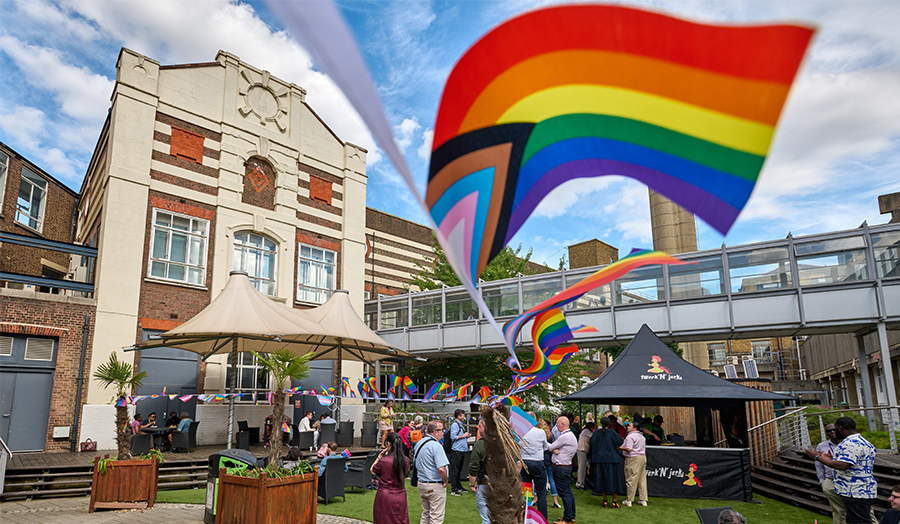All staff and students have the right to live, study and work in a safe and supportive environment without being discriminated against, belittled, harassed, humiliated or excluded by others. The longlasting impact of discrimination can be detrimental to one’s emotional and physical health, often leading to social and work/study place withdrawal, greater anxiety, low self-esteem and reinforcement of stereotypes. The University strives to promote a culture that is free from discrimination.
It is against the law to discriminate against someone on the basis of their protected characteristic(s). These are defined by the Equality Act 2010 as:
- age
- disability
- gender identity or reassignment
- marital status (including civil partnership status)
- pregnancy and maternity
- race
- religion and belief
- sex
- sexual orientation
Related pages
The University’s Safeguarding Policy (including anti-bullying and harassment) sets out the expectations, duties and requirements of students and staff in respect to the safeguarding the wellbeing of members of the University community (including children and adults at risk) within the University.
Read the University’s Safeguarding Policy in full.
The University defines a complaint as “a formal expression of dissatisfaction with any alleged act or omission of the University by a student, former student, applicant or any other user of the University’s services.”
Read the University’s Complaints Procedure.





